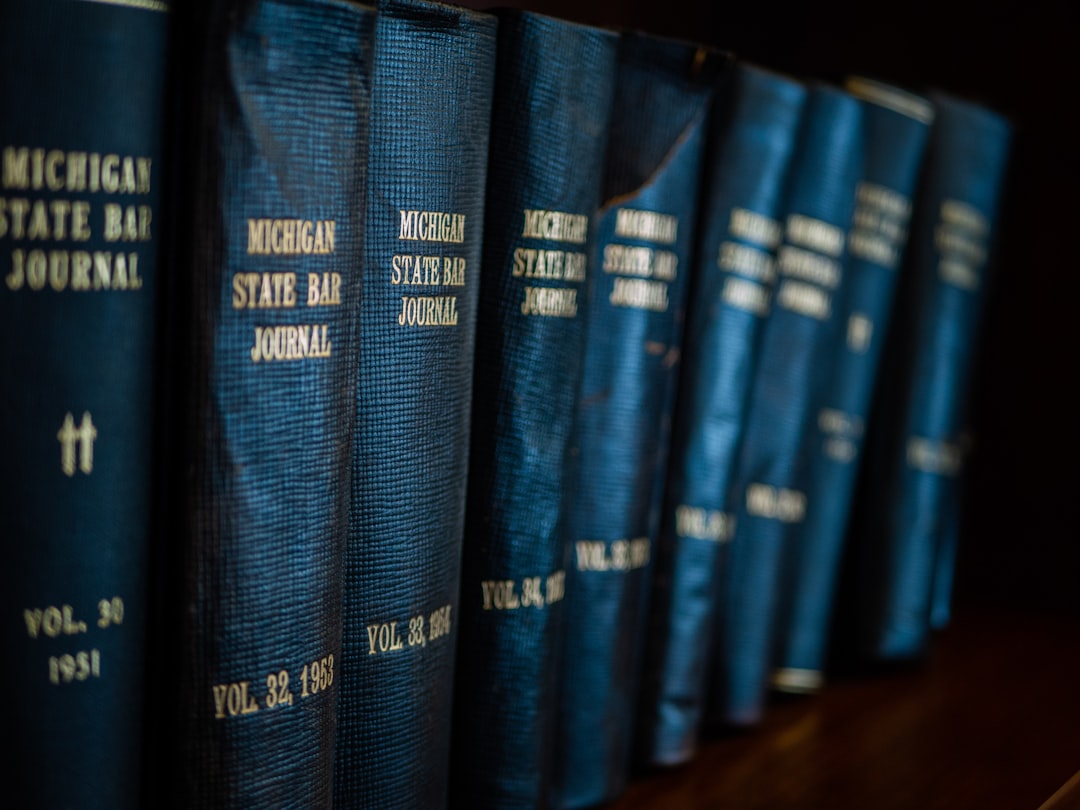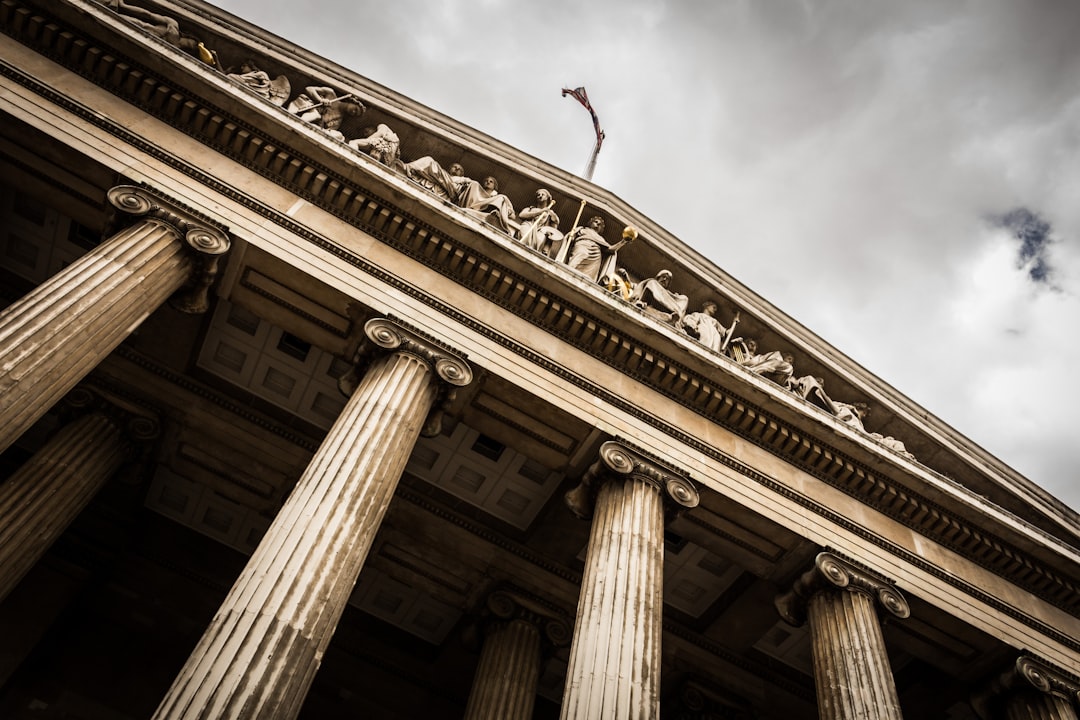In Wichita, Kansas, with its significant Native American population, understanding Tribal Court jurisdiction is crucial in sexual assault cases. These courts have authority over such crimes within their recognized territories, impacting both tribal members and non-members. Sexual assault lawyers in Wichita, KS are vital for navigating these complexities, bridging the gap between state, federal, and tribal legal systems. They ensure fair representation, protect client rights, and advocate within unique tribal court procedures, addressing cultural sensitivities and achieving favorable outcomes. These professionals are key to enhancing access to justice for victims, fostering healing alongside legal resolution.
“Exploring Tribal Court Procedures for Sexual Assault Cases: Implications for Wichita delves into the complex interplay between tribal justice systems and state laws in Kansas. With a focus on understanding the jurisdiction of Tribal Courts, the role of sexual assault lawyers becomes pivotal in navigating these legal landscapes. This article examines procedural differences, impacts on victims’ access to justice, and highlights challenges, offering insights crucial for both legal professionals and advocates supporting survivors in Wichita, KS.”
Understanding Tribal Court Jurisdiction for Sexual Assault Cases in Wichita
In the context of sexual assault cases, understanding the Tribal Court jurisdiction in Wichita, Kansas is paramount. As a city with a rich indigenous history and significant Native American population, Wichita falls under the jurisdiction of various tribal courts, each with its own legal system and authority. These tribunals have the power to hear and decide on criminal matters, including sexual assault allegations, within their recognized territories. This jurisdiction extends to both tribal members and non-members who commit offenses on or against tribal land.
Sexual assault lawyers in Wichita KS play a crucial role in navigating this complex legal landscape. They must be knowledgeable about the specific procedures and laws governing these courts, ensuring that the rights of all parties involved are protected. Given the sensitive nature of sexual assault cases, it is essential to have attorneys who understand the cultural nuances and can advocate effectively within this tribal legal framework.
The Role of Sexual Assault Lawyers in Navigating Tribal Laws
In cases involving sexual assault within tribal jurisdiction, the role of sexual assault lawyers in Wichita, KS becomes increasingly vital. These legal professionals are equipped to navigate complex tribal laws and regulations that often govern such sensitive matters. With a deep understanding of both state and federal laws, as well as traditional tribal customs and practices, they can ensure fair representation for individuals facing charges or seeking justice.
Sexual assault lawyers in Wichita play a crucial part in interpreting and applying tribal legal frameworks, which may differ significantly from mainstream criminal proceedings. They are adept at recognizing potential disparities and advocating for their clients’ rights within this unique legal landscape. By combining their expertise with cultural sensitivity, these attorneys can effectively guide clients through the intricacies of tribal court procedures, ultimately aiming to secure favorable outcomes in sexual assault cases.
Procedural Differences Between Tribal and State Courts in Kansas
In Kansas, tribal courts and state courts handle sexual assault cases differently, reflecting distinct procedural frameworks. Tribal courts, operating within their sovereign jurisdiction, often employ customs-based rules of evidence and procedure that may differ significantly from state court practices. This means that a victim or defendant in a sexual assault case within an Indian reservation might experience a more community-focused process with traditional healing elements, unlike the structured, code-driven approach typically seen in state courts.
The presence of sexual assault lawyers Wichita KS plays a pivotal role in navigating these differences. These specialists understand both the tribal and state legal systems, enabling them to advocate effectively for their clients’ rights while ensuring compliance with unique procedural requirements. They bridge the gap between two legal frameworks, providing essential guidance for outcomes that address both justice and healing within the context of each respective court system.
Impact on Victims: Access to Justice and Support in Wichita
For victims of sexual assault, navigating the legal system can be a challenging and traumatizing experience. In Wichita, Kansas, where tribal courts handle certain cases involving Native American defendants, there are unique considerations for survivors seeking justice. Many victims may feel deterred from pursuing legal action due to concerns about sensitivity, understanding, and privacy during court proceedings. This is especially true in tribal communities where cultural norms and traditional healing practices play a significant role.
However, the presence of sexual assault lawyers specializing in these cases can significantly improve access to justice for victims. These attorneys are equipped to guide survivors through the legal process while ensuring their rights are protected. They understand the intricacies of tribal court procedures and can provide tailored support, helping victims feel heard and respected. With specialized legal assistance, survivors in Wichita can take confidence in knowing they have options and that there is support available to help them heal and seek justice for their traumatic experiences.
Challenges and Potential Reforms for Effective Sexual Assault Case Management
Tribal courts in Wichita, Kansas, face significant challenges when it comes to managing sexual assault cases. One of the primary hurdles is ensuring cultural sensitivity and understanding within legal proceedings, as these cases often involve complex issues rooted in indigenous communities’ traditional practices and beliefs. Effective case management requires specialized knowledge and an approach that respects cultural contexts, which may not always be present in the current legal system.
Reforms could focus on providing dedicated training for judges, prosecutors, and law enforcement officers who deal with sexual assault cases within tribal courts. This includes education on indigenous cultural competence, trauma-informed care, and best practices for handling sensitive evidence and witness testimony. Additionally, establishing partnerships between tribal and local legal entities, as well as increasing access to sexual assault lawyers in Wichita KS, could greatly enhance the court’s ability to offer just and culturally appropriate resolutions for victims.





